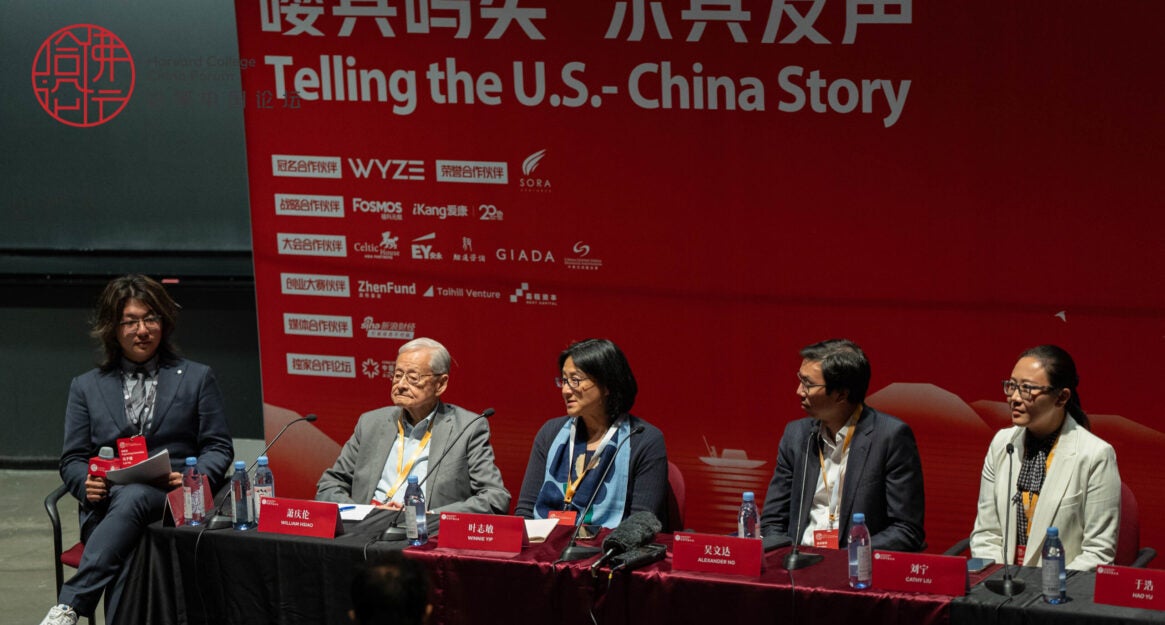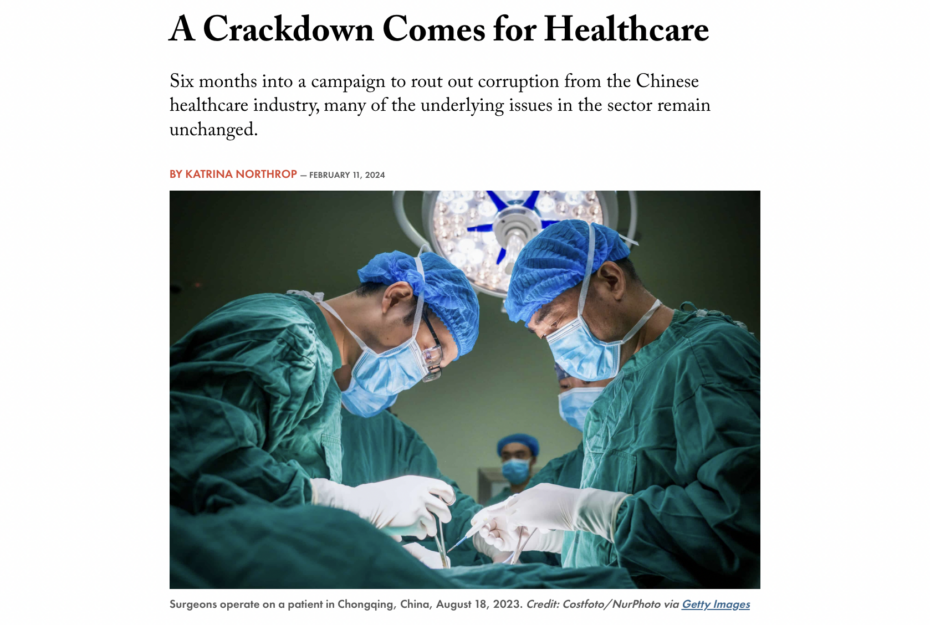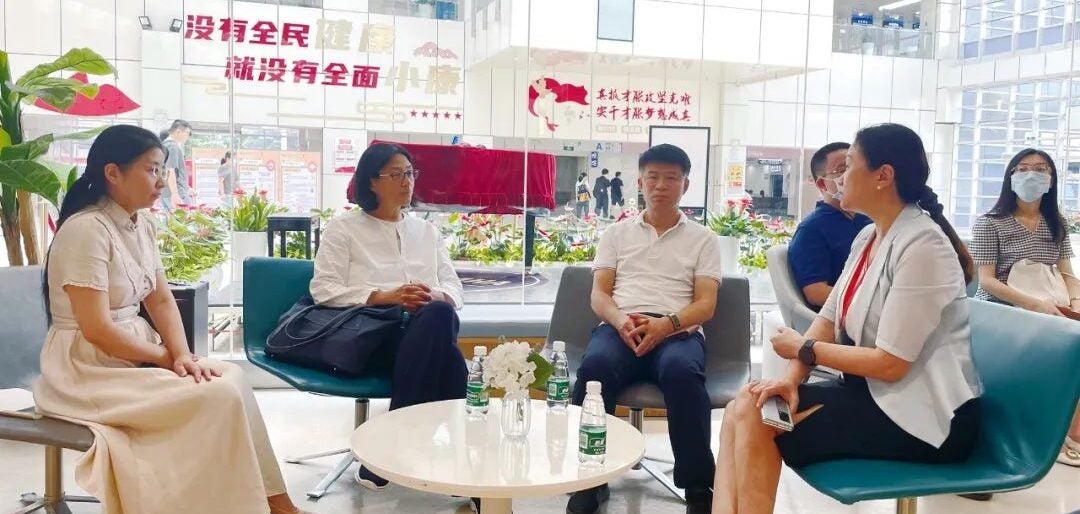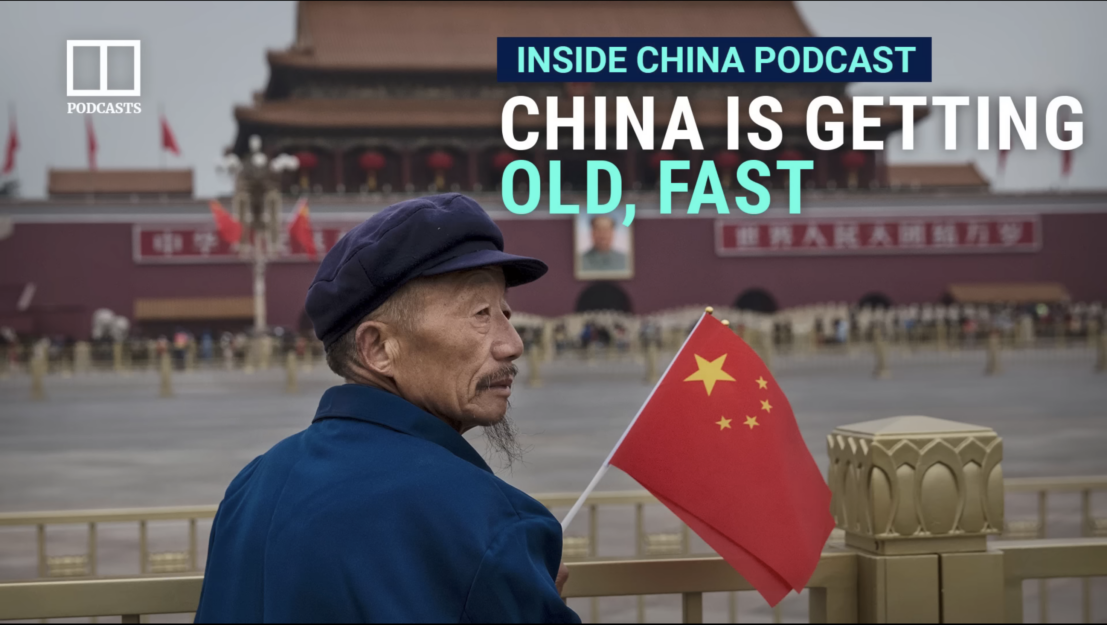The 2024 Harvard College China Forum (HCCF) invited Professors Winnie Yip and William Hsiao to speak on the current trends, challenges, reforms, and potential areas of collaborations between the healthcare systems in China and the United States. Professor Yip delivered the opening remarks for the panel, “Public Health and Healthcare: Economic Policy in the Era of Global Health”. The discussion delved into pressing topics including what the key drivers behind…
Continue reading “Winnie Yip and William Hsiao Speak at the Harvard College China Forum”










